帰国生のミカタ×帰国子女アカデミー「夏休みを有効に活用する勉強法」のご紹介
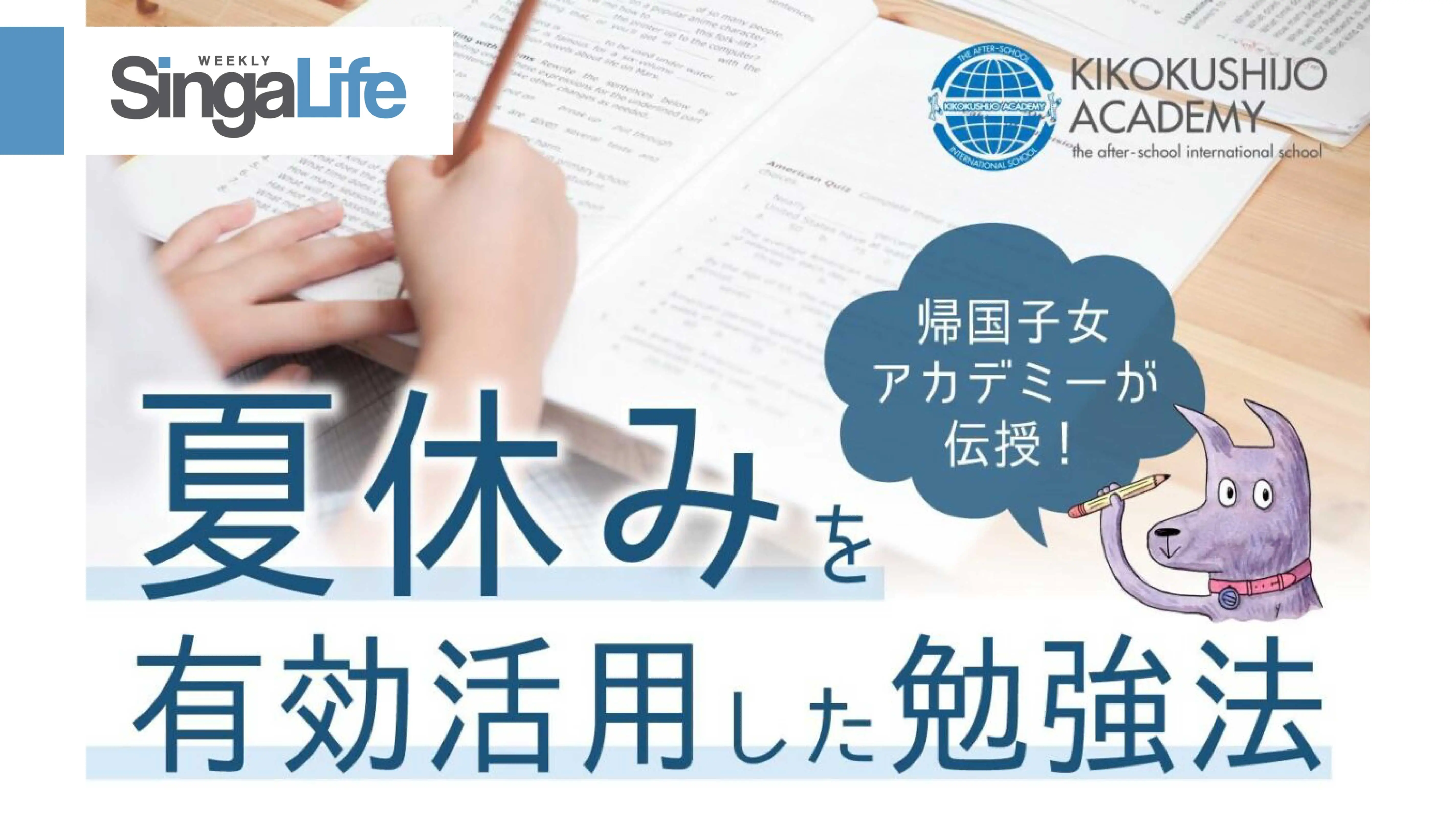
この度、当校アカデミックディレクターと受験ディレクターが、グローバル教育サイト「帰国生のミカタ」に記事を寄稿いたしました。
帰国子女や海外在住のお子さま・ご家族の皆さまに向けて、「夏休みを有効に活用する勉強法」についてご紹介しています。ぜひご覧ください。
▶︎ 日本語記事はこちら
In summer, students have additional time to both review and extend their knowledge beyond the usual, as well as building test and academic skills, and—crucially—developing interests and passions.
Reviewing old work is helpful not only in terms of learning and consolidation, but also in building confidence: when students look over an old essay or a text they found challenging, revisiting it can highlight areas they still need to work on or, more frequently, show students how they have improved, thereby building confidence and enthusiasm for learning.
Summer is also a great time to build language or testing skills. Focused, structured activities ranging from summer camps to specific test courses can provide the right environment for students to master an area that they can apply to all of their future learning.
However, focusing on review and skills alone would be to miss out on an immense opportunity for students to set the stage for long-term improvement. In summer (and other vacations), students can dedicate more time to reading both fiction and non-fiction, and hence develop their knowledge of the world alongside their passions and interests. Reading news articles and watching documentaries can also have a similar effect. Through these, students can build a base knowledge in a variety of areas, building competency and comfort later on when encountering difficult texts, as well as giving important context for reading passages in tests and sources for examples when writing. But perhaps what is most important about having time to explore new ideas is that students develop their own curiosity and interest in areas of knowledge, leading them to develop a desire to learn, specific knowledge (that can impress examiners) in certain fields, and even career goals that both drive their interest in learning and imbue their work with maturity and ambition. Having the free time to explore new worlds and ideas is, therefore, very important. With older students, that might be doing a deep dive into a topic they’ve encountered in the news. For younger students, a visit to a science museum or a city with an interesting history can be the spark to make them want to read, watch, and learn more.
It can be the case that students leave summer homework or study until the last minute, and this leads to their focusing on “completing” it rather than “learning” it—in other words, they miss out on truly taking in the knowledge it was designed to consolidate. This can in turn form bad habits later on, where completion rather than learning can become the focus. This also has the negative effect of requiring students to spend hours at a time at their desk when many of their friends will still be having fun, potentially even building resentment towards their work, and negatively impacting their relationship with learning. So while not every student will enjoy this or do this naturally, and breaks are important, working on school or other work based on a schedule makes everything much more manageable while allowing time for fun and exploration.
In addition to this, it helps students to maintain a rhythm in their studies. By doing a little work a few times a week, those returning to school and a heavier workload tend to adjust more easily than those who have taken a complete break, as those who have maintained the habit of studying in one form or another feel less stress when making the adjustment.
Of course, that doesn’t mean that students need to study all of the time. A little downtime is definitely beneficial for reflection and exploration of ideas, as are family trips and breaks. So while a plan and a schedule can be helpful, it doesn’t mean that students need to have something on that schedule every day.
Another factor that often makes a difference for students is agency. While they might not be able to create a schedule on their own, some children do react negatively to being “made” to study. To avoid this, parents can invite students to set up a study schedule together, in which the child gets to make decisions in the knowledge that their parent will support them in checking in and reminding them of when they need to sit down with their work.
As you can see, how students approach studying over summer can have a significant impact on their study skills and confidence going into the new term, so we recommend balancing summer fun with a little review and improvement. Of course, that can be a lot, so I’ll leave you with three key tips I would share with students:
- Review previously completed work and take note of areas you have improved on, as well as those that you might need to improve upon. Set specific goals for how you might improve on these areas with focused practice and review.
- Make a point of reading challenging fiction and non-fiction as often as possible. Set targets for a number of pages you want to read each day, and aim to spend time reflecting on the text and looking up important background or contextual information to build knowledge.
- Explore areas that you’re already interested in via books, documentaries, and visits, and find opportunities to be inspired by new ideas and experiences!
Here’s to a great and productive vacation, and as always, if you have any questions, KA is here to help.

帰国子女アカデミー Head of Juken

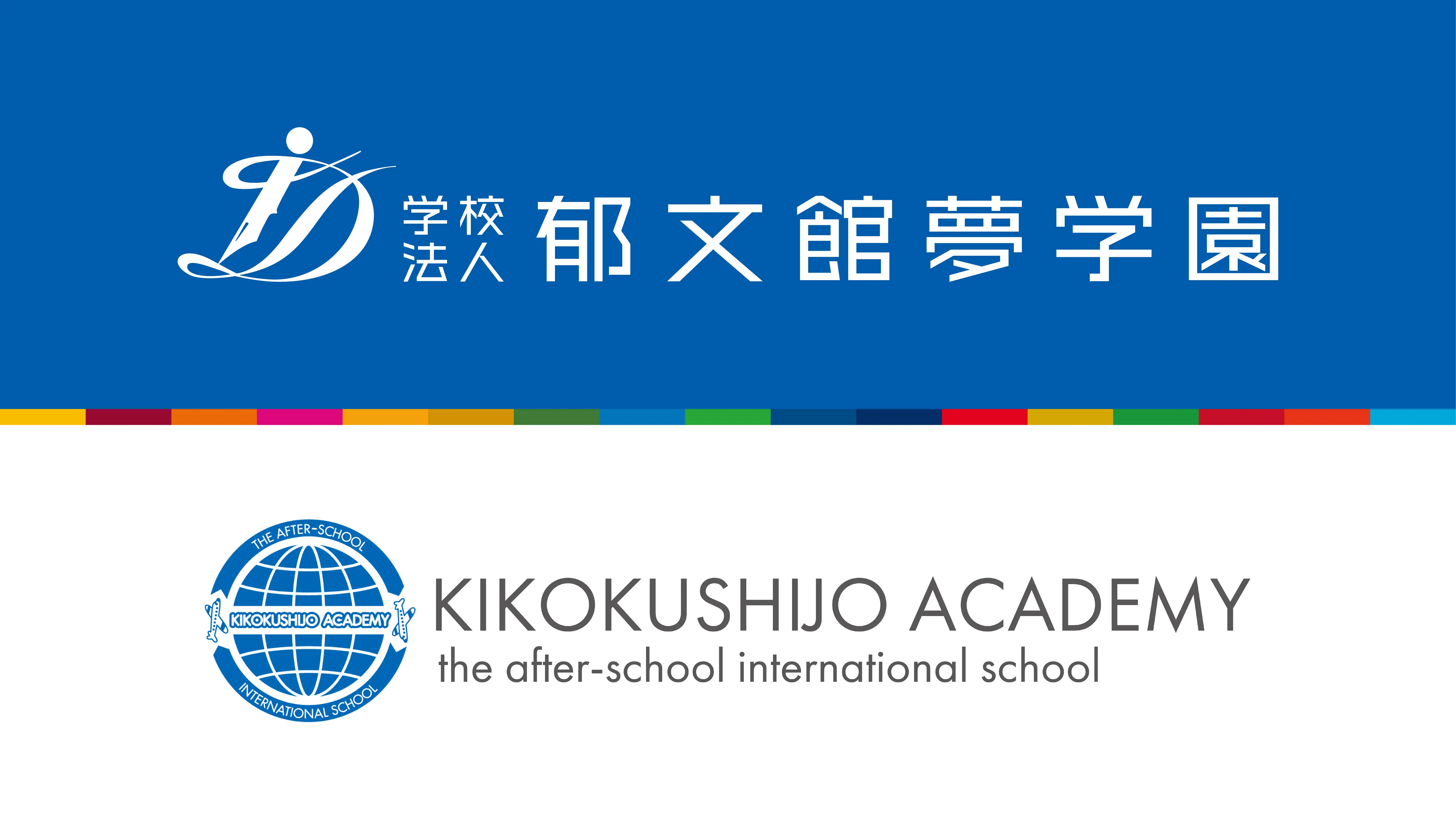

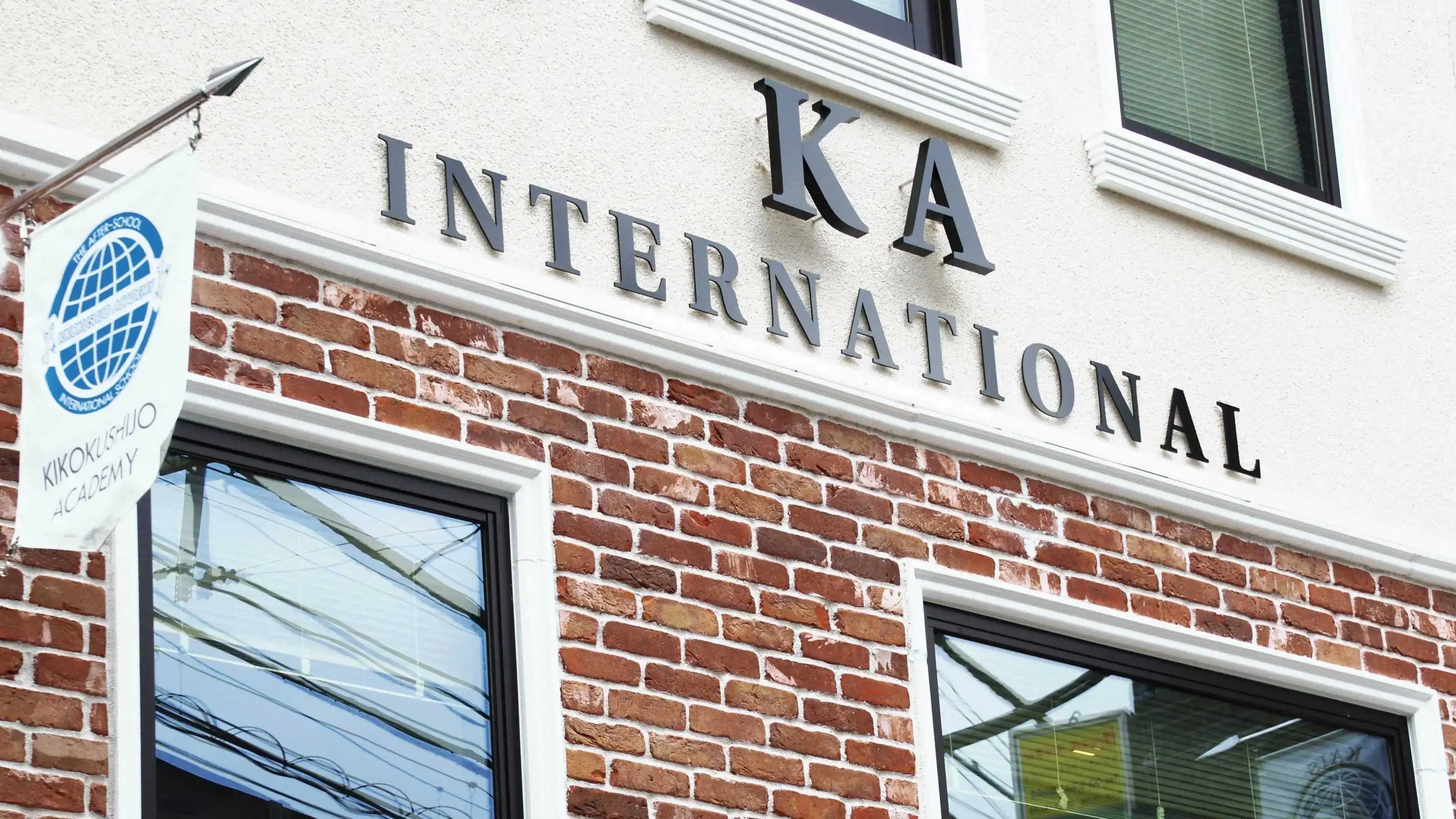

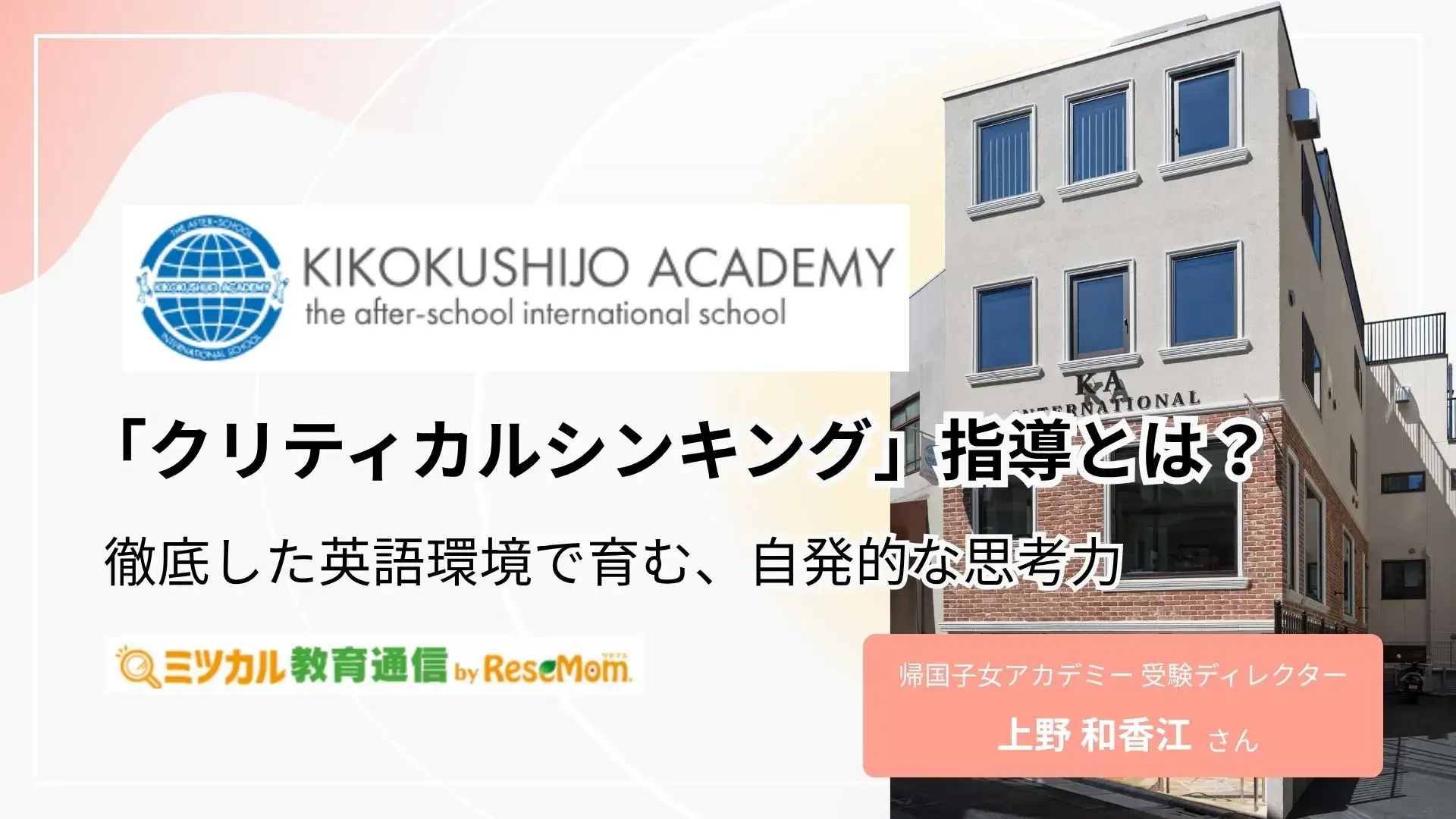
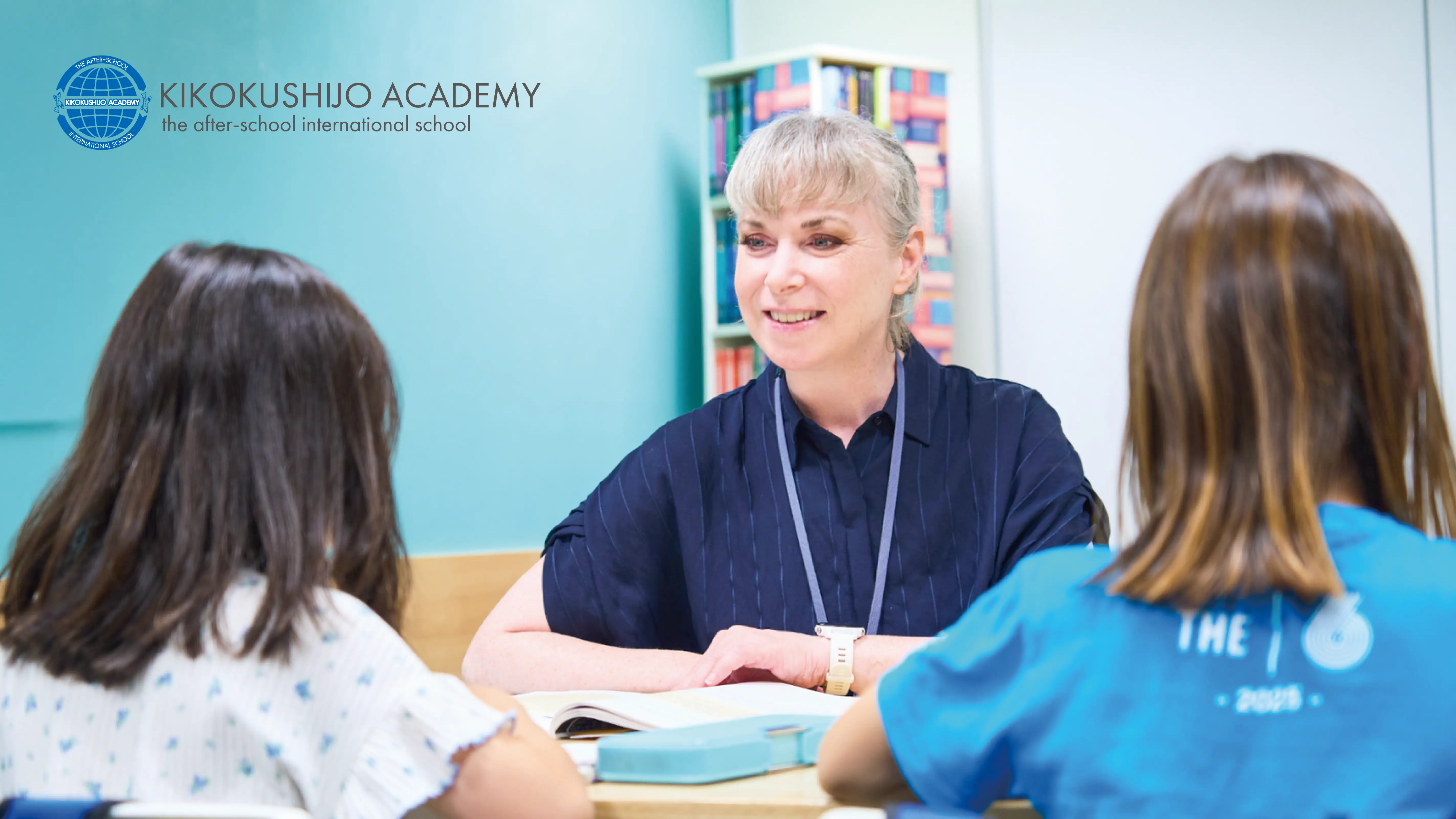
![[9/6 更新] 国際教育フェア2025秋 開催のお知らせ](/media/LWiSOb091l6sw6IRSyFaDetBCNgJOlFgPULfjlZb.png)